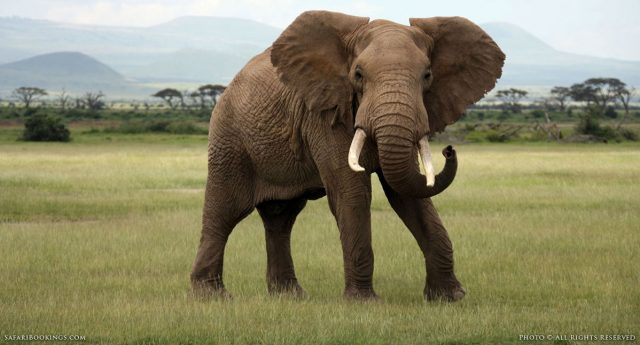
Botswana prides in having the largest population of elephant in all of Africa, with over 135,000 herds in their natural habitats. The untamed animals were free to wander away from the parks and terrorize a few farmers on their way, and poachers could not work their way into their hides and tusks until the government lifted a ban that is currently threatening their overwhelming numbers.
In 2014, Former president of Botswana Ian Khama introduced a ban on elephant hunting, but lawmakers in the region have been fighting off the ban, claiming that the number of elephants has grown out of a manageable proportion and are destroying food crops and threatening lives of the residents.
“We cannot continue to be spectators while others debate and take decisions about our elephants. The conflict between elephants and people is on the rise as the demand for land, for agriculture and settlements is growing,” said Botswana President Mokgweetsi Masisi in a meeting of the countries’ presidents this month in Botswana.
Following a cabinet committee review that found the high incidents of human-elephant conflict and the consequent impact on livelihoods, the government lifted the hunting ban on elephants.
“Botswana has taken a decision to lift the hunting suspension. The general consensus from those consulted was that the hunting ban should be lifted,” the environment ministry said in a statement, insisting that hunting will be resumed in an orderly and ethical manner.
Farmers have been struggling to keep the elephants away from their crops putting their lives at risk. The elephants have been reported to wander across borders into Namibia, Zambia and Zimbabwe. Pundits attest that the number of elephants in the country, renowned as a luxury safari destination, has almost tripled over the last three decades and that the population could now be over 160,000.

